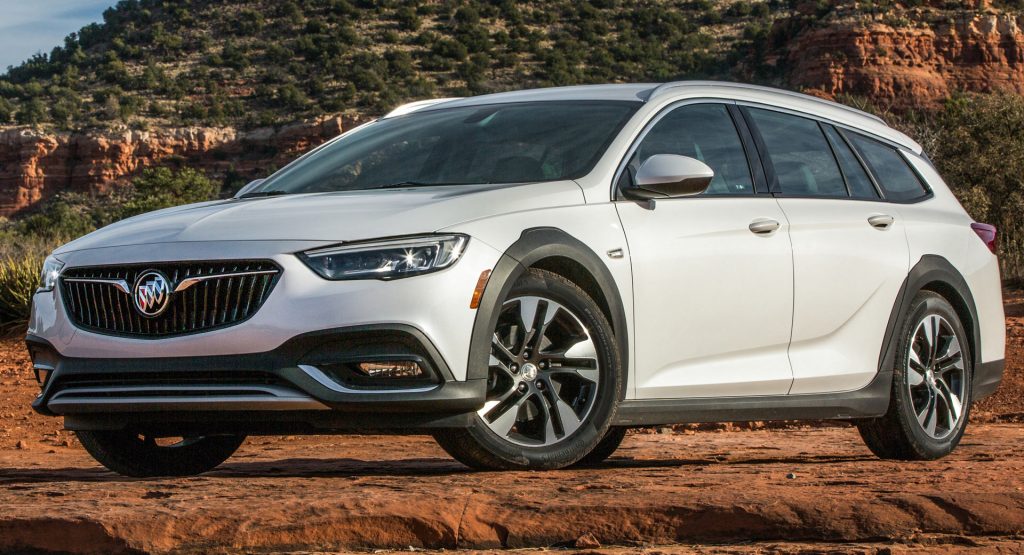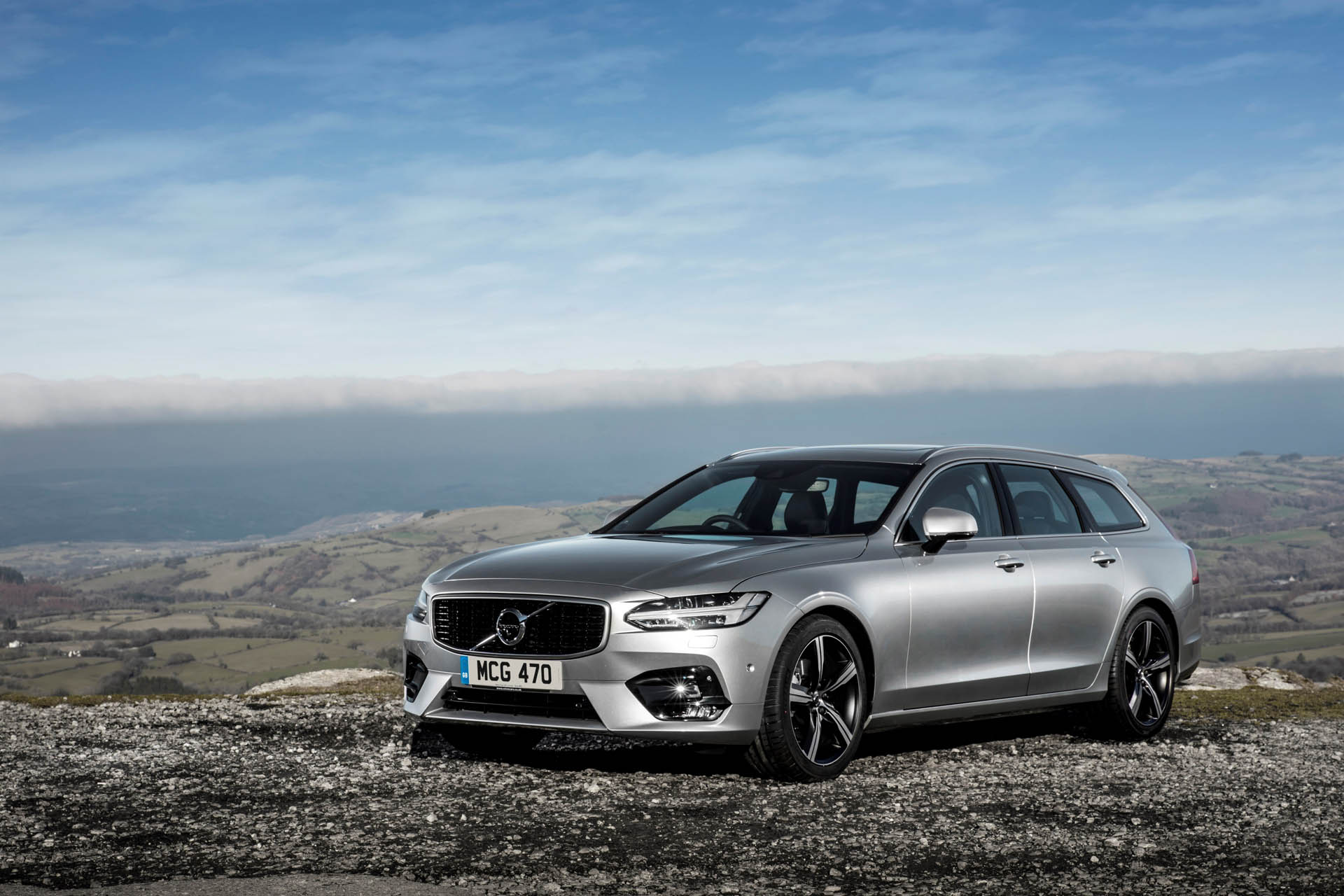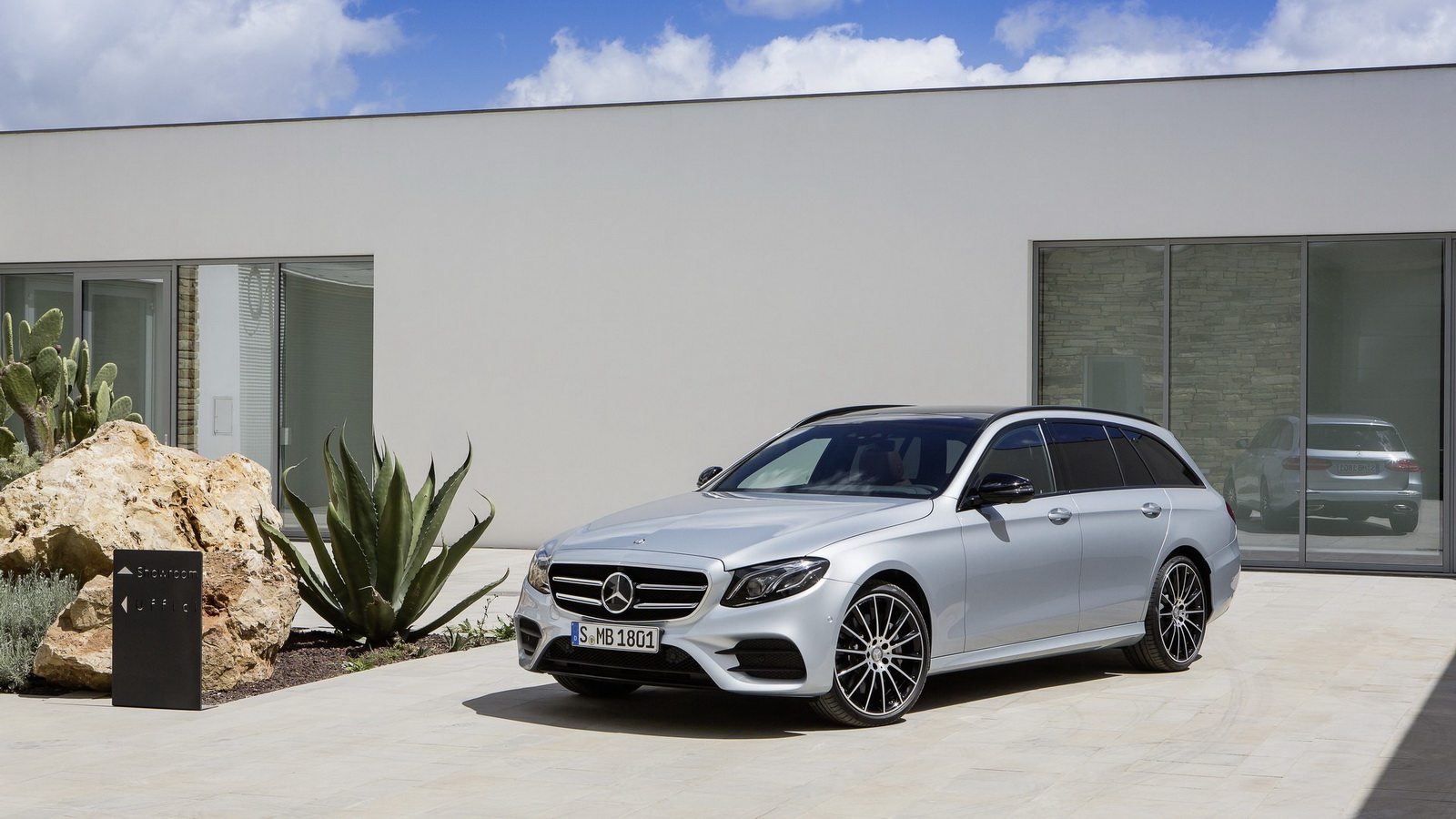Stations wagons ruled the road long before minivans and crossovers, but that hasn’t been the case in decades. As a result, a number of automakers have either eliminated stations wagon altogether or drastically reduced the number they offer.
While that still holds true today, Bloomberg noticed station wagon sales have increased 29% from five years ago. That sounds like a massive jump, but the number is a bit deceiving.
While the publication touts there were 211,600 station wagons sold in the United States last year, it isn’t revealed until later that station wagon sales declined by 26,000 units from 2017. Sales were also down 7,400 units from 2016 when Americans snapped up 219,000 wagons.
That might not sound like much of a difference, but it’s a huge number when the market is so small. Case-in-point, Volvo only sold 491 V90’s in the United States last year.
With that caveat of the way, it is true that wagon sales have climbed significantly since 2013 when automakers only sold 164,100 wagons in America. The jump means the station wagon segment is now growing nearly twice as fast as the full-size truck segment. Of course, wagon sales are just a fraction of truck sales as Ford sold 909,330 F-Series pickups last year alone.
The uptick in wagon sales can likely be attributed to a flood of new models such as the Buick Regal TourX, Jaguar XF Sportbrake and the aforementioned Volvo V90. There are even more new wagons on the horizon as the 2019 Volvo V60 will arrive at dealerships later this year.
The introduction of new and redesigned models isn’t the only contributing factor as Buick’s marketing director, Sam Russell, suggested wagons appeal to people who want to stand out from the crowd. As he explained, “There’s a group of consumers who are greatly interested in the versatility and capability of an SUV, but they don’t want to be seen as someone who just goes with the flow.”






